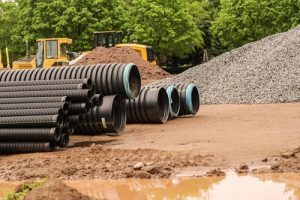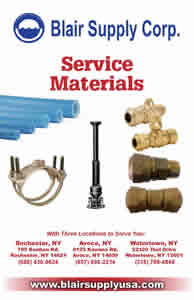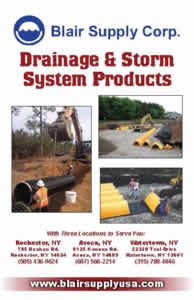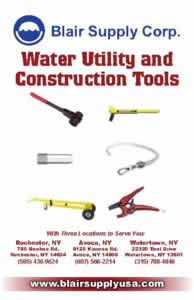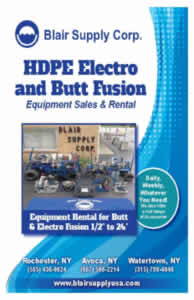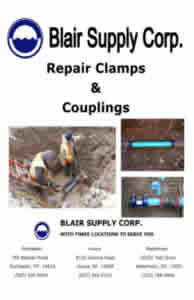Blog
Municipal Drainage Systems: What Types Are There?
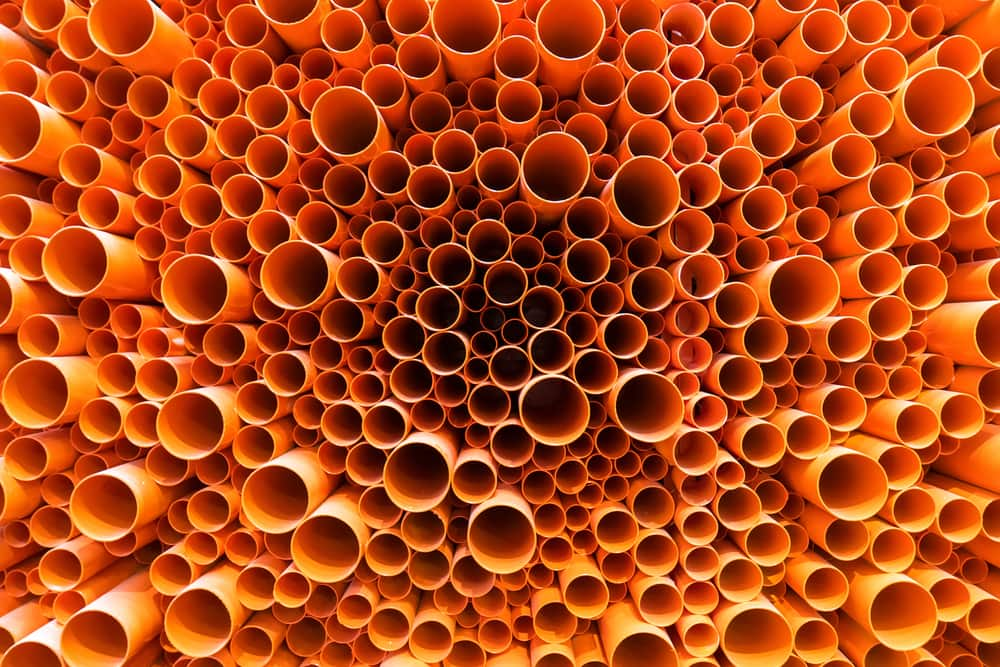
Removing water safely and efficiently is a crucial part of any construction project. Whether you’re dealing with wastewater or stormwater, a well-designed drainage system is a must if you wish to prevent damage to properties, ensure a hazard-free environment for the building’s occupants, as well as minimize the risks of water stagnation.
A good drainage system design can address these concerns while simultaneously considering installation costs and duration, as well as ongoing performance, resilience, flow velocity, and maintenance requirements. With such a variety of factors to consider, it is essential that you become familiar with the different drainage system types and their characteristics before looking for a drainage pipe supplier. Read on.
What are the different types of drainage systems?
The basic definition of a municipal drain is that it is a system designed to collect and remove excess water from agricultural land and improve its drainage. Most municipal drainage systems are either closed pipe/tile systems or ditches in the ground. These systems may also include elements such as grassed waterways, culverts, buffer strips, retention ponds, bridges, or even small rivers and creeks.
There are two broad types of drainage systems you should know about:
Storm drainage system
A municipal storm drainage system is designed to drain and collect excess surface water and rainwater runoff from parking lots, streets, roads, sidewalks, and roofs into storm grates (catch basins) and natural channels. Many storm drains are gravity sewer systems that collect and transport untreated storm water into streams or rivers, which is why it’s essential not to dispose of waste materials in storm collection points.
Sanitary drainage system
Municipal sanitary drains are underground pipe systems designed to transport sanitary sewage from residential and commercial properties to treatment or disposal facilities. Such systems typically have manholes installed at designated intervals as a way to inspect or clean the drain. If installed in industrial areas, sanitary sewers can also carry industrial wastewater.
What type of pipe is used for drainage?
Drainage pipes can be made from a wide variety of materials. Some of the most common options include:
- Iron pipes have been used for water and sewage supply lines for decades. However, iron pipes are more suitable for drinking water than wastewater. They feature extreme durability and long useful life with proper maintenance, but can be costly and difficult to install, and can be prone to corrosion.
- Steel pipes are another popular choice for drainage. Steel generally has similar pros and cons to iron, although it is less prone to acidic corrosion. Additionally, steel pipes tend to cost more than iron pipes due to the presence of different metals in the alloy.
- Modern vitrified clay pipes boast good chemical resistance when compared to metal pipes, and tend to be less costly than iron and steel. However, they have a significantly lower tolerance to force and pressure than metal, and can also be prone to root intrusion and cracking.
- Concrete pipes are a highly popular drainage pipe choice that can last for decades if properly installed. While they are prone to acidic chemicals or soil degradation, they can work at high operating pressures and aren’t as prone to root and soil intrusion as some other types. Proper installation is key to having long-lasting concrete pipes.
- Plastic pipes include PVC and HDPE options, both of which have become extremely popular in drainage applications in recent years thanks to their resistance3 to collapse and chemical corrosion, flexibility, and durability. While PVC pipes are low cost and quite easy to install, HDPE is generally the better choice for high-pressure systems.
Depend on a long-standing drainage pipe supplier
Not sure which questions to ask a drainage piping distributor or wonder what you should look for in a drainage pipe supplier? We’d say that longevity and great customer relationships are pretty near the top of the list. At Blair Supply Corp, we work with industry-leading water and wastewater manufacturers to offer durable piping materials, including HDPE pipes and electrofusion couplings.
We boast three fully-equipped warehouses in Watertown, Avoca, and Rochester, as well as offer nationwide shipping and great customer service. Get in touch today.

